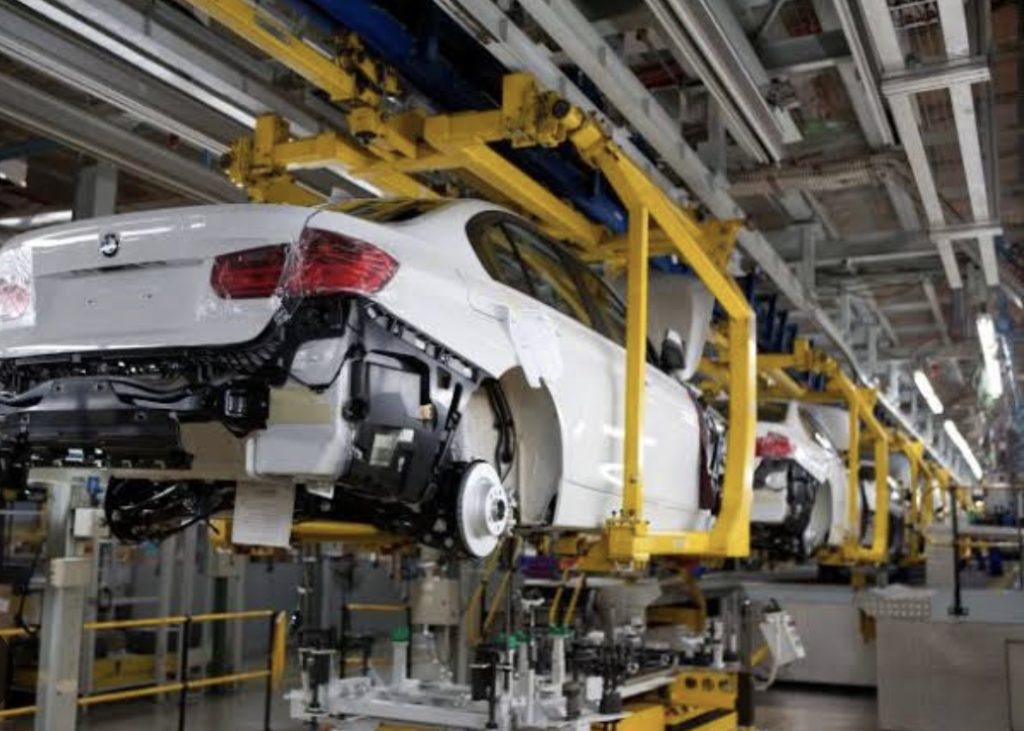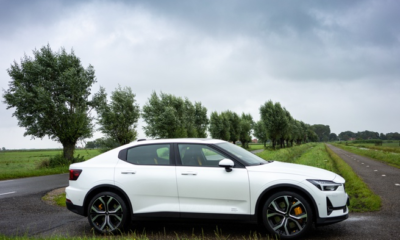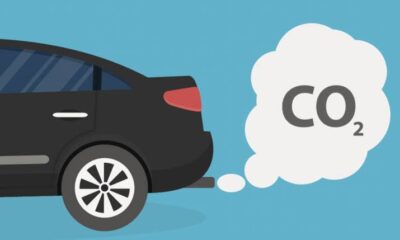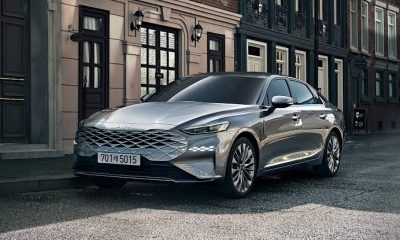ASSEMBLY PLANTS
Like Nigeria, South Africa still dragging heels on EV policy, but progress in sight

While nations around the world grapple with the transition to New Energy Vehicles (NEVs), South Africa’s government like Nigeria has yet to announce a policy that supports the local manufacture and sale of these vehicles.
This is becoming increasingly important, given how reliant South Africa’s manufacturing industry is on exports to affluent regions such as Europe, which are embracing battery-powered cars at a much faster rate.
Although the Department of Trade, Industry and Competition published an Automotive Green Paper on New Energy Vehicles as far back as May 2021, South Africa has yet to announce any concrete policies in this regard.
Following the medium-term budget policy statement (MTBPS) delivered by Enoch Godongwana this week, the Automotive Business Council (Naamsa) has accused government of dragging its feet once again.
The inevitable road to NEV policy announcement has been long and difficult, the association said.
“While we are disappointed that the minister has decided to kick the NEV policy announcement ‘can’ down to February next year, Naamsa is pleased to hear that, the National Treasury plans to implement tax and expenditure measures to support the industry’s transition to NEVs”, Naamsa CEO Mikel Mabasa said.
According to him, “We expected more from the minister yesterday after numerous engagements we had with government on this topic leading to the budget announcement.
Government understands our challenges as a vehicle producing country with bigger ambitions to grow our global influence as we move to NEVs.
“Effectively, the minister has bought himself more time to announce details for NEV policy which will now be during the 2024 Budget Review with considerations to domestic market demand stimulus measures, establishment of renewable energy-based charging infrastructure, and production support”, Mabasa added.
The economic importance of South Africa’s motor industry should not be underestimated, Mabasa pointed out. Since the industry opened up to international markets in 1995, more than 5.6 million vehicles have been exported from South Africa to 152 different countries, at an estimated value of R1.55 trillion. Component exports have amounted to a further R227 billion.
Although NEV sales in South Africa remain marginal, consumer interest in these products has been gaining traction, with 2022 having seen a 421.7% year-on-year increase.
Year-to-date in 2023, NEV sales have increased by 67% to 5.165 units, according to Naamsa. Total NEV production increased by 112.4% at 5.670 units, and NEV Imports increased by 179.7%, to 3.393, versus the same period last year.
2024 should see further growth thanks to new, and less expensive products such as the GWM Ora 3, BYD Atto3 and Volvo EX30.
“It is our considered view that a clearly articulated Government support intervention would undoubtedly go a long way in stimulating more demand and it will also accelerate investment and much greater interest in NEV technology and solutions,” Naamsa said.
MIKE OCHONMA
-

 AVIATION5 years ago
AVIATION5 years agoPhoto News: Air Peace commence flight operations to South Africa
-

 Car News5 years ago
Car News5 years agoPolestar is recalls over 2000 electric cars due to software bug
-

 RAIL5 years ago
RAIL5 years ago36 Killed in Pakistan Train Accident
-

 Technology5 years ago
Technology5 years agoCommon mistakes in CO₂ emissions calculations
-

 Business5 years ago
Business5 years ago2016 Volvo XC60 review and specifications
-

 Reviews5 years ago
Reviews5 years ago2021 Audi A6 Specifications and Review
-

 SAFETY / CAR CARE5 years ago
SAFETY / CAR CARE5 years agoHandbrake warning light; what it means and what to do
-

 Reviews3 years ago
Reviews3 years agoDebutant Kia’s new K8 sedan benchmarks luxury, safety
